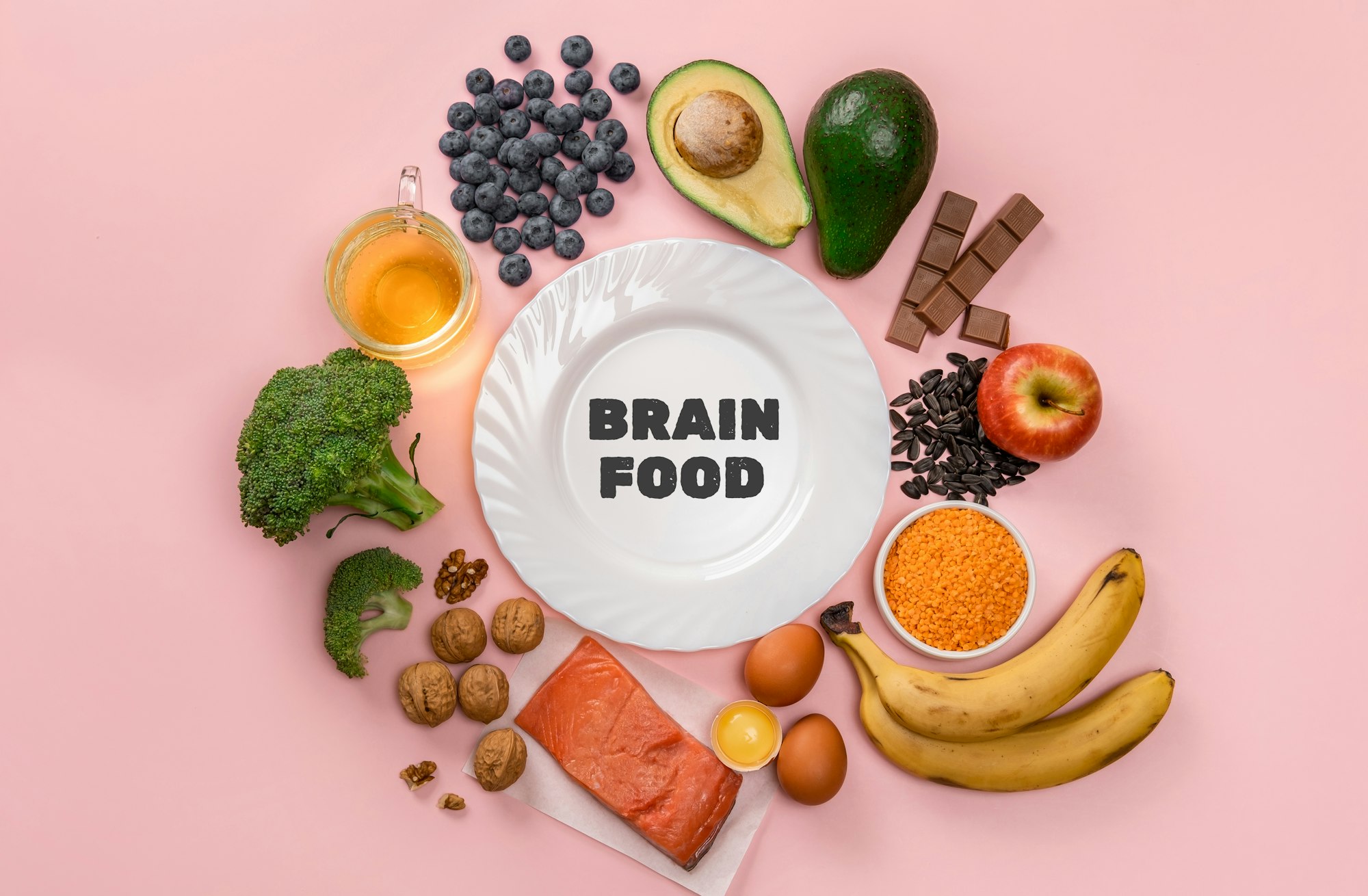Food has a remarkable ability to evoke memories, transporting us back in time to moments of joy, comfort, and connection. From the aroma of freshly baked bread to the taste of a childhood favorite, the sensory experience of food is deeply intertwined with our memories and emotions. In this exploration, we delve into the fascinating relationship between food and memory, uncovering the ways in which flavors, aromas, and textures can trigger vivid recollections and evoke powerful emotions.
1. The Power of Aromas: Stirring Memories of Home
The sense of smell is closely linked to memory and emotion, with certain aromas capable of triggering vivid recollections of past experiences. The smell of baking bread may transport us back to our grandmother’s kitchen, while the aroma of spices might evoke memories of a distant land we once visited. These olfactory memories are deeply ingrained in our subconscious, stirring feelings of nostalgia and comfort as we recall moments of warmth and belonging.
2. Taste and Tradition: Nourishing Body and Soul
Taste is another powerful trigger for memory, with certain flavors and dishes becoming synonymous with cultural traditions and family celebrations. The taste of a favorite childhood dish may evoke memories of family gatherings and holiday feasts, while the flavors of a regional delicacy might transport us back to a memorable vacation. Through the act of eating, we not only nourish our bodies but also nourish our souls, connecting us to our cultural heritage and the people we love.
3. Texture and Temptation: Recreating Moments of Pleasure
The sensory experience of food goes beyond taste and smell, encompassing the textures and mouthfeel of different dishes. The crispness of a freshly fried samosa, the creaminess of a decadent chocolate mousse, or the crunch of a perfectly roasted potato—all these textures can evoke sensations of pleasure and satisfaction, triggering memories of past indulgences and culinary delights.
4. Rituals and Routines: Creating Moments of Comfort
Food is often associated with rituals and routines that provide a sense of comfort and familiarity in our daily lives. Whether it’s the morning ritual of brewing a cup of coffee or the Sunday tradition of cooking a family meal together, these culinary routines become ingrained in our daily rituals, shaping our sense of identity and belonging. Through these rituals, we create moments of connection and intimacy, strengthening our bonds with loved ones and fostering a sense of community.
5. Culinary Adventures: Exploring New Horizons
While certain foods may evoke memories of the past, culinary adventures offer opportunities to create new memories and experiences. Trying new cuisines, exploring unfamiliar flavors, and dining in exotic locales—all these culinary adventures stimulate our senses and broaden our horizons, creating memories that will last a lifetime. Whether it’s savoring street food in a bustling market or dining in a Michelin-starred restaurant, these culinary adventures ignite our curiosity and inspire us to seek out new tastes and sensations.
Conclusion
The relationship between food and memory is a complex and deeply personal one, shaped by our cultural heritage, life experiences, and individual preferences. From the familiar aromas of home-cooked meals to the exotic flavors of faraway lands, food has the power to transport us across time and space, evoking memories of joy, comfort, and connection. As we explore the sensory experience of food and its profound impact on our memories and emotions, we celebrate the rich tapestry of flavors, aromas, and textures that nourish both body and soul, creating moments of pleasure and connection that linger long after the last bite has been savored.










